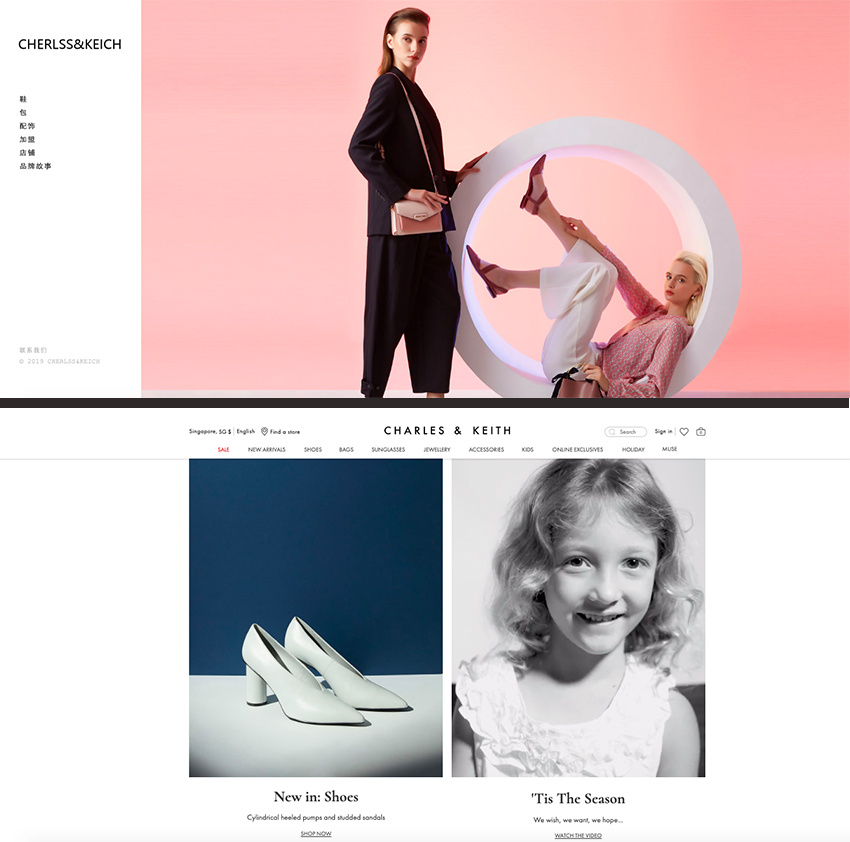'Cherlss & Keich' tricks shoppers into buying their shoes and bags in China

Fashion retailer Charles & Keith is undoubtedly one of the most well-known local brands to make it big abroad, but it seems like that success has come with a price.
Recently, Chinese media reported that some shoppers have been left fuming after mistakenly buying from a Guangzhou brand called "Cherlss & Keich", as they were under the impression that it was Charles & Keith.
Could you blame them though? The copycat's product range, store front and even website bears an uncanny resemblance to the original.

Just like Charles & Keith, it seems like "Cherlss & Keich" sells bags and shoes of similar make, and the font style and logo placement make both brands appear so similar that unsuspecting shoppers only realised their mistake upon closer inspection.


Some of them have taken to microblogging platform Weibo to voice their frustrations, raging that the brand was taking advantage of consumers who are unfamiliar with the English alphabet.


One upset shopper whose request for a refund was rejected, took to placing the bag outside the store and asking if anyone was willing to buy it for a lower price.

The imitation brand was launched earlier this year and is owned by a Chinese company called Guangzhou Yuantai Leather, according to earlier reports.
"Cherlss & Keich" stores can now be found in Guangdong, Sichuan, Hunan and Shanghai.
In China, the Charles & Keith brand has amassed quite a following and is known as 'little ck' (US brand Calvin Kein is known as 'big CK'), with 95 stores located across the country.

Because the Chinese world of copyright law is a bizarre one, it remains to be seen whether "Cherlss & Keich" will face any repercussions.
Earlier this month in a surprising twist, Japanese label Muji lost a trademark appeal case against two copycat companies and was ordered to cough up 626,000 yuan (S$121,000) in addition to issuing a public apology.
This was because the companies had already trademarked the brand prior to Muji entering the Chinese market; and while one might logically see this move as a newer company's attempt to profit off an internationally-recognised slogan, that not how the court ruled.
Muji is not the only one to fall victim to the "first come first serve" system of trademarks in China.
Because of this technicality, Apple too has lost multiple appeal cases in a bid to secure the "IPHONE" trademark to a Chinese company selling leather products.
READ MORE: Bruce Lee's daughter sues fast food chain for using father's image
For more original AsiaOne articles, visit here.